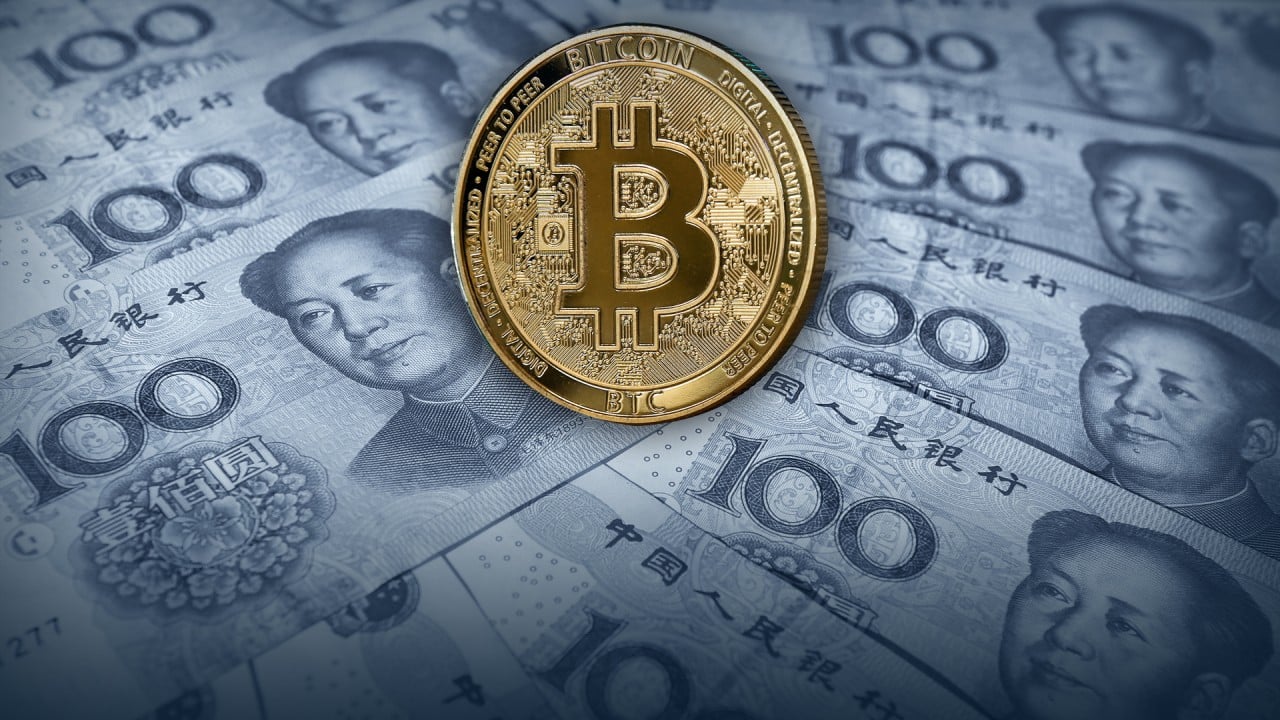The explainer, “Common Misunderstandings Regarding Personal Income Tax on Business Income and Categorised Income”, became widely circulated on Sunday after it was published on WeChat by the Shanghai tax service on Thursday. It cited a 2008 statement by the State Taxation Administration (STA).
That prompted some crypto-themed online content creators on the mainland to suggest that taxing such transactions show authorities are starting to acknowledge the legitimacy of cryptocurrencies. The Shanghai tax service subsequently deleted the explainer on Sunday from its public WeChat account.
The wide attention received by the Shanghai tax service’s explainer reflects the lingering hope among Chinese crypto circles that the country’s rigid ban on cryptocurrencies would be reviewed amid Beijing’s drive to expand adoption of the digital yuan.
Is cryptocurrency too risky for China?
China’s Ministry of Industry and Information Technology last month announced plans to draft a national Web3 development plan to suit the country’s needs, although it did not specifically mention cryptocurrencies.
Mainland legal experts, however, pointed out that the Shanghai tax service’s explainer does not suggest any potential change in the country’s cryptocurrency policy.
The published article is not an official policy document, and the STA statement it cited concerns virtual tokens used in video games, according to Guo Zhihao, a partner at Beijing-based Yingke Law Firm, in an article he posted on WeChat on Sunday.
The explainer had indicated that individuals who obtain virtual currencies from other players through online transactions and generate revenue by selling them at a higher price must pay income tax on such earnings. The Shanghai tax agency’s article detailed taxation in four scenarios, including loans obtained by individual investors from their investee companies and online monetary gifts.
Chinese economist calls for review of rigid crypto ban amid slow e-CNY adoption
While there is no official sign from Beijing about changing its position on cryptocurrencies, local crypto circles expect increased regulatory oversight on the taxation of virtual asset-related income on the mainland.
China has denied legal-tender status for cryptocurrencies, but has not opposed its attribution as property or commodity, according to an article published on Friday by Jin Jianzhi of the Shanghai Mankun Law Firm. The lawyer said the government can levy taxes on relevant transactions under the law.
The global cryptocurrency market, meanwhile, appears to be slowly recovering from a prolonged slump last year. Bitcoin prices gained more than 150 per cent from a year earlier on the back of expectations that the US Securities and Exchange Commission will soon approve bitcoin exchange-traded funds, which would make these virtual assets more attractive to mainstream investors.

